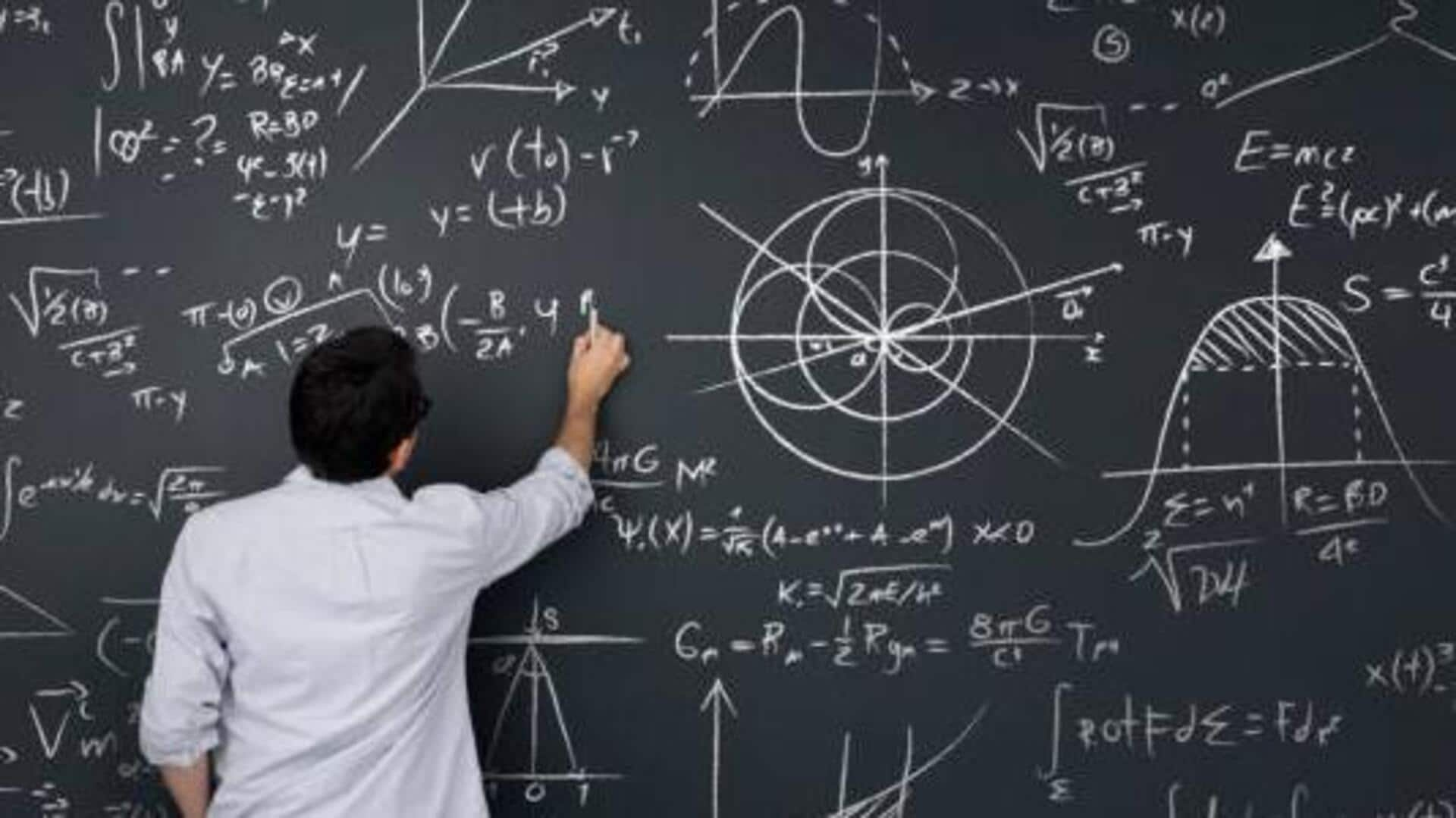
How this mathematician solved algebra's oldest problem
What's the story
In a major breakthrough in algebra, Norman Wildberger, a mathematician from UNSW Sydney, has introduced a new method to solve higher polynomial equations. The challenge, one of the oldest problems in algebra, has been a complex issue for mathematicians for a long time. The innovative approach was developed in collaboration with computer scientist Dr. Dean Rubine and is detailed in The American Mathematical Monthly journal.
Polynomial importance
Significance of polynomial equations in mathematics and science
Polynomial equations (like: 1 + 4x - 3x2 = 0), which have a variable raised to different powers, are the backbone of both mathematics and science. They are used in everything from physics, where they can describe planetary motion, to computer programming. However, coming up with a universal way to solve higher-order polynomial equations has remained a major challenge, owing to their complexity.
Solution evolution
Historical context of polynomial solutions
The quest to solve polynomial equations started around 1800 BC with the Babylonians's "method of completing the square." The technique resulted in what we now know as the quadratic formula, taught in high school math classes. In the 16th century, the method was modified to solve three and four-degree polynomials. However, in 1832, French mathematician Evariste Galois proved that no universal formula could solve degree five or higher polynomials, owing to their mathematical complexity.
Radical rejection
Professor Wildberger's new approach to polynomial equations
Professor Wildberger's innovative method uses unique number sequences, which he calls "Geode." He believes these sequences can provide a general solution for polynomial equations, including quintics. The Geode array extends classical Catalan numbers and appears to underlie them, offering vast potential for further research. Professor Wildberger said, "We've found these extensions and shown how logically they lead to a general solution to polynomial equations."